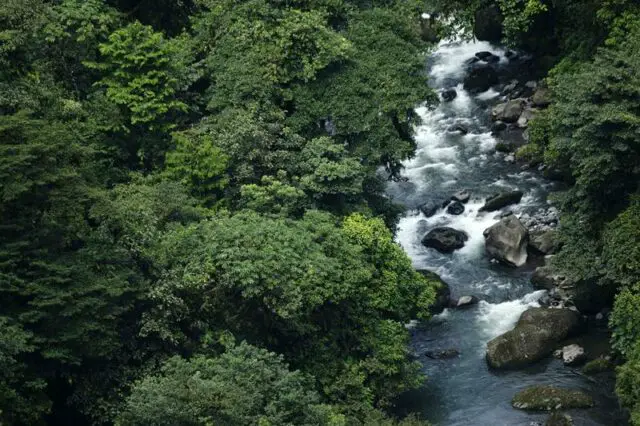From TCRN Green, we want to emphasize forest management and much more about how we can add and not subtract. Sustainable forest management goes far beyond the problem of deforestation and reforestation, it has to do with societies and people, and the need of all, to maintain and increase services, economic benefits and the health of forests for their own development and better quality of life. Among other things, strong and properly organized community-based organizations can be key to implementing sustainable forest management.
FAO studies results
For the Food and Agriculture Organization of the United Nations (FAO, which studies the annual loss of forest of millions of hectares, there is a need to drastically reduce deforestation, the degradation of forests in developing countries and, by hence, greenhouse gas emissions.

FAO promotes sustainable forest management, the creation of national forest programs and supports countries to manage and care for their forest resources. The way to do this is to give greater economic value to forests, encouraging the conservation of ecosystems through sustainable forest management and payment for environmental services. According to experts, ecosystems around the world are collapsing.
How to motivate people to take action and connect small steps towards a collective and transformative change?
The restoration of ecosystems must be a global mission, the main challenge for Latin America and the Caribbean, must face deforestation. In a positive contrast, the area of forests designated for the conservation of biodiversity in the region has grown by 3 million hectares annually since 2000.
Costa Rican projects
It is worth noting that the project called “Cañas Respira”, in Guanacaste, was highlighted by the international non-profit organization CDP, in charge of measuring the environmental impact of companies and governments around the world.
The project aims to reforest the region by planting 10,000 trees in a four-year period, in order to minimize the effects of climate change and raise awareness in society. And so, until 2020, “Cañas Respira” managed to plant three thousand trees.
Also highlighted in the CDP report were the “Operation Drought” initiative in Campinas, Brazil, and a water reuse project for industrial purposes in Hermosillo, Mexico. Thus, in the Latin American region 1,153 dangers were identified that impact cities with 36 different types of risks.
We continue to contribute, we continue to build and generate awareness, Pura Vida.

